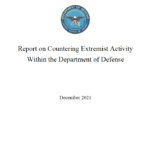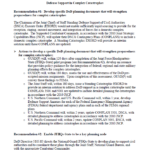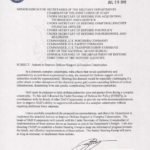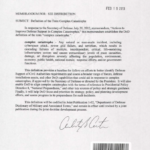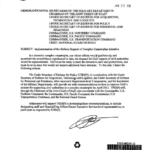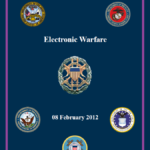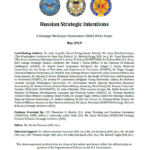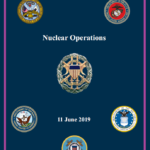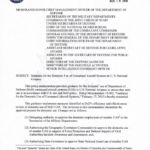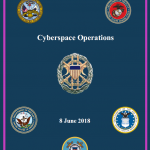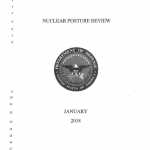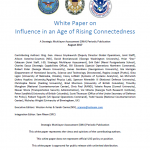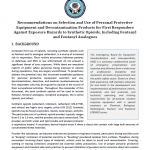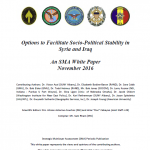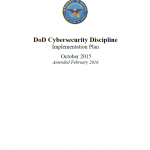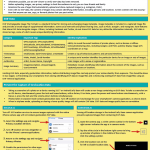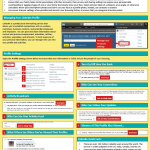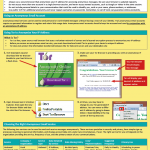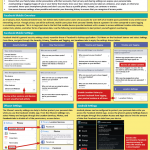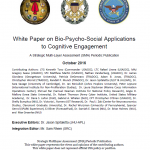
The underlying concept of this paper is how bio-psycho-social approaches to cognitive engagement, described in greater depth by DeGennaro, may be put to use to collect, analyze, and/or apply information to meet a tactical, operational, or strategic end. This White Paper will focus on the proverbial “rubber meets the road” approaches of behavioral operations in the human domain where the former is “the study of attributes of human behavior and cognition that impact the design, management, and improvement of operating systems, and the study of the interaction between such attributes and operating systems and processes” and the latter is “the presence, activities (including transactions both physical and virtual), culture, social structure/organization, networks and relationships, motivation, intent, vulnerabilities, and capabilities of humans (single or groups) across all domains of the operational environment (Space, Air, Maritime, Ground, and Cyber).” Information Operations (IO) doctrine defines the cognitive domain as the component of the information environment (IE) that encompasses the gray matter of those who transmit, receive, and act upon information. Cognitive operations such as information processing, perception, judgment, and decision-making are the most vital aspect of the IE. Cognition is influenced by individual and cultural beliefs, norms, vulnerabilities, motivations, emotions, experiences, morals, education, mental health, identities, and ideologies and thus requires research and analysis methods from the bio-psycho-social sciences to understand and manipulate. When, how, and most importantly why to apply that understanding to US advantage at the tactical, operational, and strategic level is the focus of this effort.
Read more →
